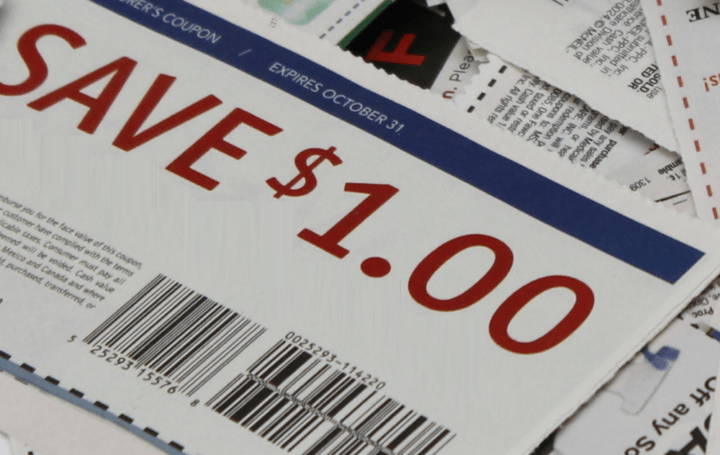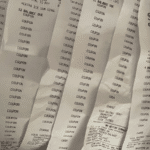
Coupon counterfeiters, and those who buy and use their counterfeit creations – consider this your warning. You only have a few more years to scam stores and manufacturers before you’ll be stopped in your tracks at the checkout, every time.
That’s the bold promise from a major coupon industry player, as it offers a new tool that it’s predicting will eliminate coupon fraud as we know it by 2024.
Inmar Intelligence has introduced CNFRM (pronounced “confirm”), a free tool for retailers that will allow them to instantly identify valid coupons – and flag invalid coupons – as they’re scanned at the checkout.
“Counterfeit coupon activity has doubled and, in some cases, tripled over the past few years,” Ralph Maresco, Vice President and Coupon Solutions Expert at Inmar Intelligence, said in a statement. “In many cases, innocent shoppers are using counterfeit coupons they may have accessed in a Facebook group, and have no reason to believe the coupons are fake.” Inmar’s new tool, he said, “represents the beginning of the end of this activity, representing a major win for CPGs, retailers and consumers who use coupons as they were intended.”
“Inmar Intelligence is not just reducing fraud,” added John Helmle, Inmar Intelligence EVP & President, FinTech. “We’re committing to eliminating it altogether.”
CNFRM is the latest tool of its kind that the industry is offering, to catch counterfeit coupons on the spot – before they make their way through the system and the shoppers who redeemed them are long gone. For years, the industry has offered a blacklist of known fraudulent coupons, flagging them so that retailers don’t accept them at the checkout. But any time new counterfeits are created, it can take a while for them to be identified and added to the list.
So several providers are now offering solutions that also provide a whitelist of all current, authorized, valid coupon offers. When a coupon is scanned, a retailer using one of these solutions can automatically check it against this list of valid coupons that manufacturers have created and distributed. If it’s not on the list of “good” coupons, it can be rejected as a “bad” coupon.
CNFRM, Inmar explains, “immediately validates every coupon scan against positive and negative offer files, identifying invalid and counterfeit coupons before they can be redeemed.”
Inmar says its solution also includes proprietary anti-fraud measures that others don’t, incorporating “artificial intelligence to uncover suspicious redemption patterns,” and using data analytics to monitor and measure the impact of fraud mitigation efforts. And so far, Inmar is the only provider confident enough in its solution, that it’s publicly predicting it will end coupon fraud altogether.
Until recently, fighting coupon fraud was like playing whack-a-mole. By the time a counterfeit coupon was added to the blacklist, counterfeiters had already moved on to their next creations. The longer GS1 DataBar-style bar codes, which replaced old-style UPC codes, helped by making bar codes more complex and more difficult for counterfeiters to create. And retailers’ registers have gotten more sophisticated, and better able to read all the information in the bar codes to ensure coupons are used on the products for which they’re intended.
But determined fraudsters have still managed to find a way to cheat the system. Inmar estimates that coupon fraud continues to cost the industry more than $100 million per year. And that can ultimately result in fewer marketing dollars available for legitimate offers for honest couponers. Winning the battle against coupon fraud, then, could help manufacturers, retailers – and you – save a whole lot of money.
So coupon counterfeiters can consider themselves put on notice – the coupon industry is looking to put them out of business for good. And once they find that all of their counterfeits are rejected at the checkout, they’ll have to settle for saving money the way the rest of us do – by clipping coupons. Legitimate ones only.
Image source: cpyles
















but as long as dollar tree sells papers–no problem–and some markets also have coupons on saturdays like the baltimore sun in their local delivery area which is large